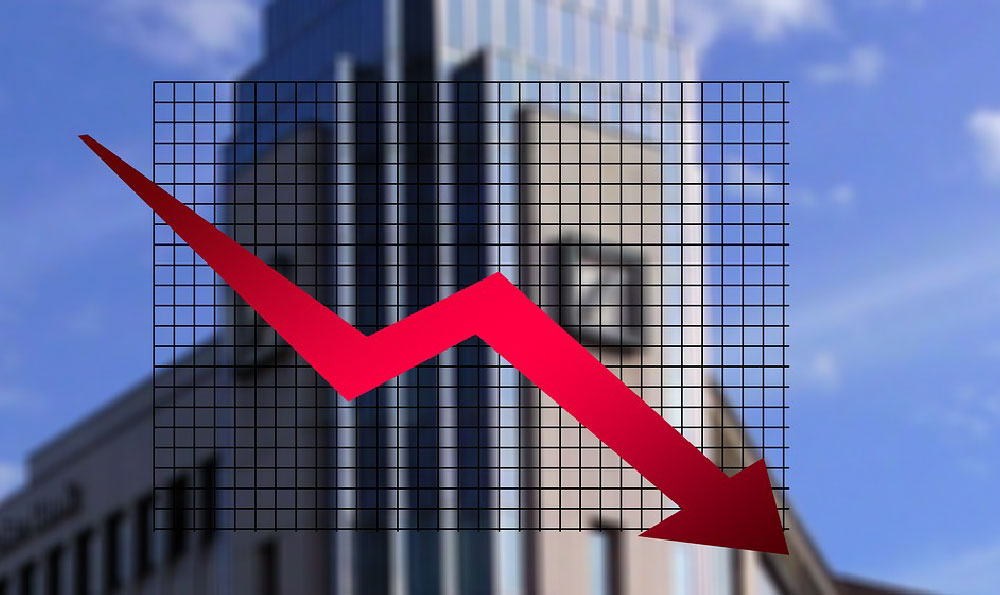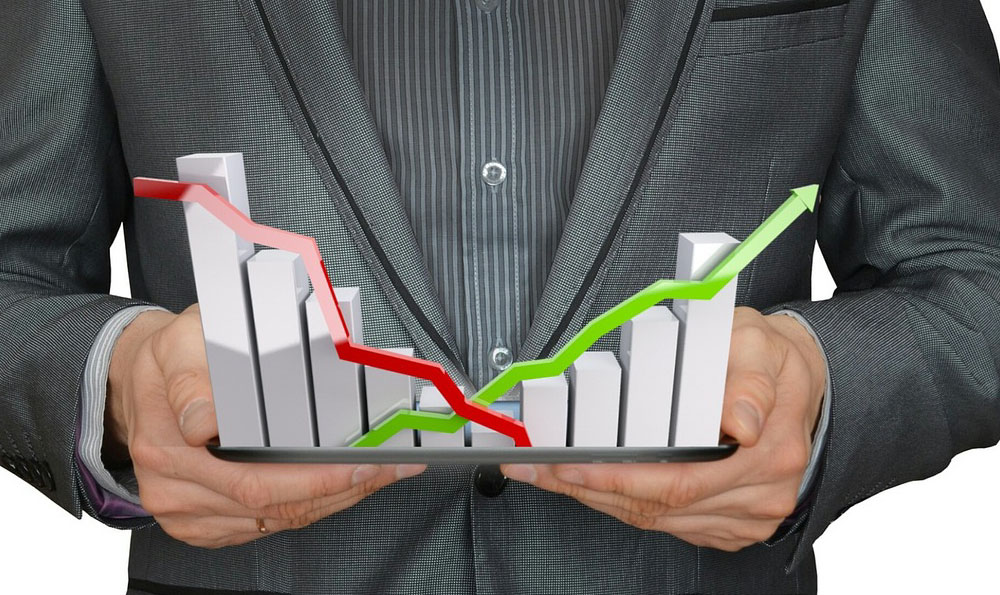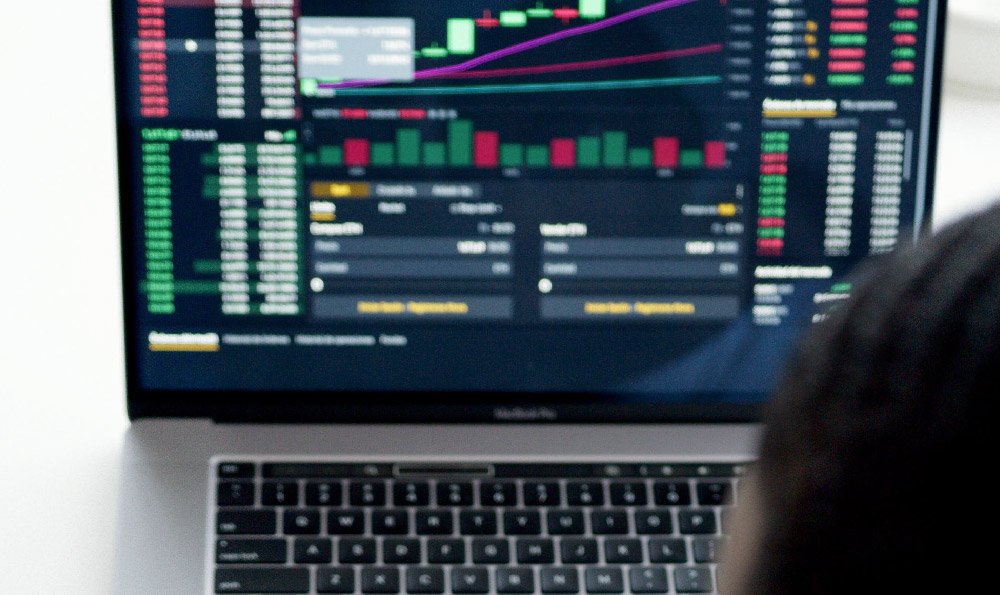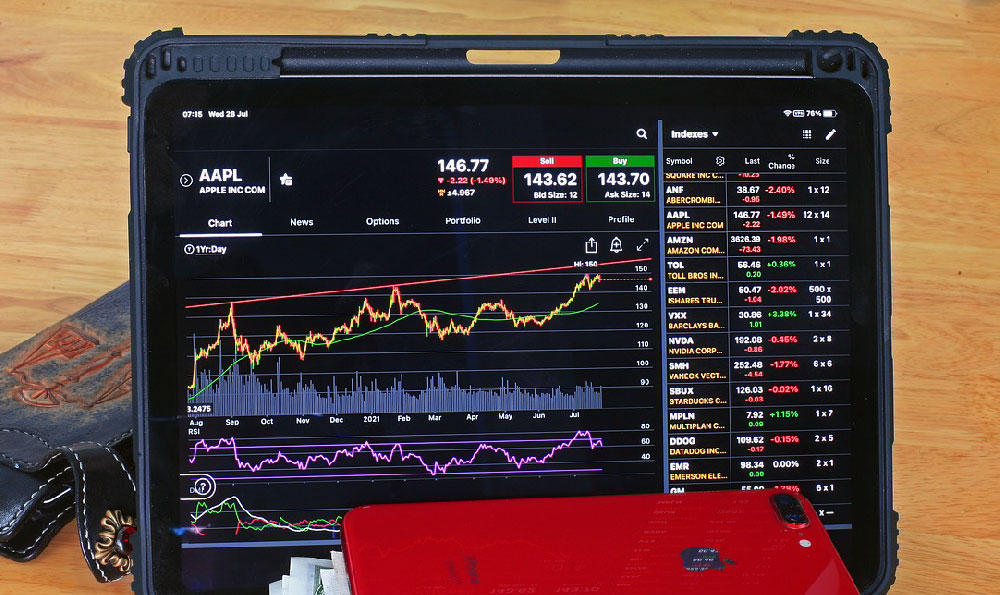Forex trading, the foreign exchange market, has long captivated investors with its promise of high liquidity, accessible entry points, and the potential for substantial returns. This global market, where currencies are bought and sold, operates 24 hours a day, five days a week, allowing traders to react to economic events and geopolitical shifts in real time. However, the question remains: can one truly make money in forex trading? The answer lies not in a simple yes or no, but in a nuanced understanding of the market's characteristics, the discipline required to navigate it, and the strategies that differentiate successful participants from those who consistently incur losses. While profitability is achievable for some, it is not guaranteed and demands a combination of knowledge, preparation, and a long-term mindset.
The allure of forex trading stems from its accessibility. Unlike stock markets, which often require significant capital to start, forex accounts can be opened with as little as a few hundred dollars, making it an attractive option for novice investors. The market's size—estimated at over $6 trillion daily—ensures that traders can enter and exit positions with relative ease, as there are always counterparties willing to take the opposite side of a trade. This liquidity, however, does not translate to guaranteed profits. The same mechanism that makes forex markets efficient—high volume—also means that price movements can be swift and volatile, often influenced by factors beyond an individual's control. Central bank policies, interest rate decisions, economic indicators, and even social media sentiment can cause currencies to fluctuate dramatically in short periods, creating both opportunities and risks.
Profitability in forex trading hinges on several key factors. One is the ability to identify and capitalize on market trends. Technical analysis, which involves studying historical price patterns and chart formations, is a popular tool among traders. However, trends are not always consistent, and what works in one market environment may fail in another. For example, a bullish trend in the euro against the U.S. dollar during a period of European economic recovery might reverse abruptly if the European Central Bank signals tighter monetary policy. Fundamental analysis, which focuses on macroeconomic data and geopolitical developments, offers an alternative approach. Traders who analyze factors such as inflation rates, GDP growth, employment figures, and political stability may anticipate currency movements. Yet, even fundamental analysis is limited by the unpredictable nature of human behavior and the complexities of global finance.

Another critical element is the use of leverage. Forex brokers often offer leverage of 50:1 or higher, allowing traders to control large positions with relatively small capital. While leverage can amplify gains, it also magnifies losses. A 1% adverse move in the market could result in a 50% loss if leverage is applied, depending on the position size. This dual-edged sword means that while leverage can be a powerful tool, it requires strict risk management to prevent catastrophic outcomes. Stop-loss orders, position sizing, and risk-reward ratios are essential components of a disciplined trading strategy. Yet, many newcomers overlook these principles, leading to emotional decision-making and frequent losses.
The psychological aspects of forex trading cannot be overstated. Markets often move against traders' expectations, testing their ability to remain rational and patient. Greed and fear are powerful emotions that can lead to overtrading, chasing unrealistic returns, or holding onto losing positions for too long. Successful traders often emphasize the importance of developing a strong mindset, focusing on long-term goals rather than short-term fluctuations. This mental resilience, combined with a solid understanding of market mechanics, is crucial for sustaining profitability over time.
However, the reality is that the majority of forex traders lose money. According to studies by the Bank of England and the U.S. Commodity Futures Trading Commission, over 90% of retail traders experience negative returns in the long run. This statistic is not due to a lack of skills alone but reflects the inherent challenges of trading in a highly complex and unpredictable market. The absence of a centralized exchange means that there is no single point of oversight, and brokers may have conflicting interests with their clients. Moreover, the fast-paced nature of forex trading can lead to impulsive decisions, further complicating profitability.
Despite these challenges, there are avenues for success. Professional traders, hedge funds, and institutional investors often employ sophisticated strategies, including algorithmic trading, hedging, and diversification. These entities have the resources to analyze vast amounts of data, access real-time information, and implement strict risk management protocols. For individual traders, the path to profitability requires continuous education, practice with demo accounts, and a willingness to adapt to changing market conditions. It also necessitates a realistic assessment of one's risk tolerance and financial goals.
In conclusion, forex trading can generate profits, but it is not a guaranteed path to wealth. The market's liquidity and accessibility offer opportunities for those who approach it with a strategic and disciplined mindset. Success depends on a combination of factors, including the ability to analyze market trends, the effective use of leverage, and the development of psychological resilience. However, it is essential to recognize that forex trading is fraught with risks, and without proper preparation, the likelihood of losing money is high. Those who are serious about participating in forex trading must commit to learning, practicing, and refining their strategies, treating it as a long-term endeavor rather than a quick way to riches. Ultimately, the market rewards those who respect its volatility and are willing to adapt, but it does not favor luck or lack of preparation.












